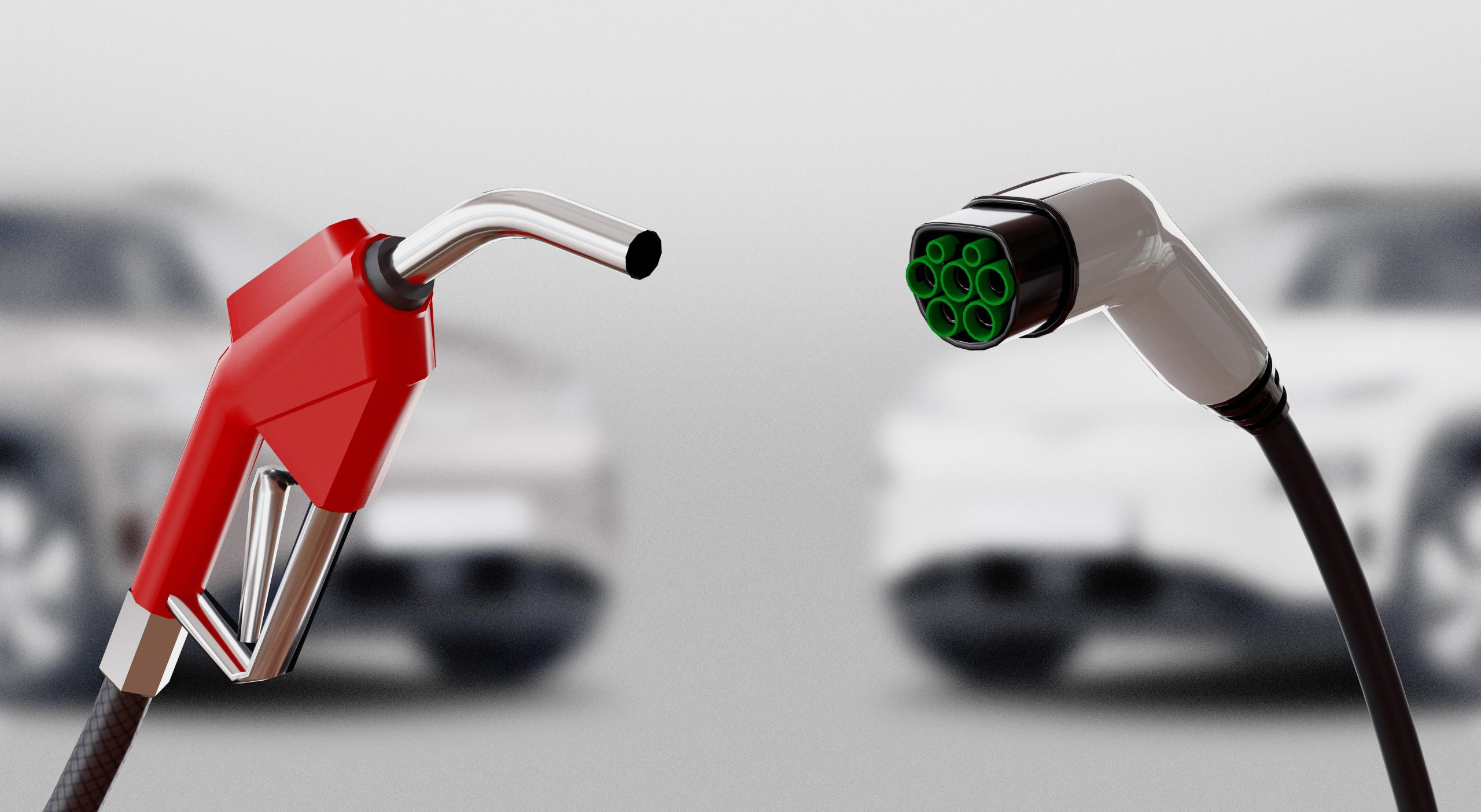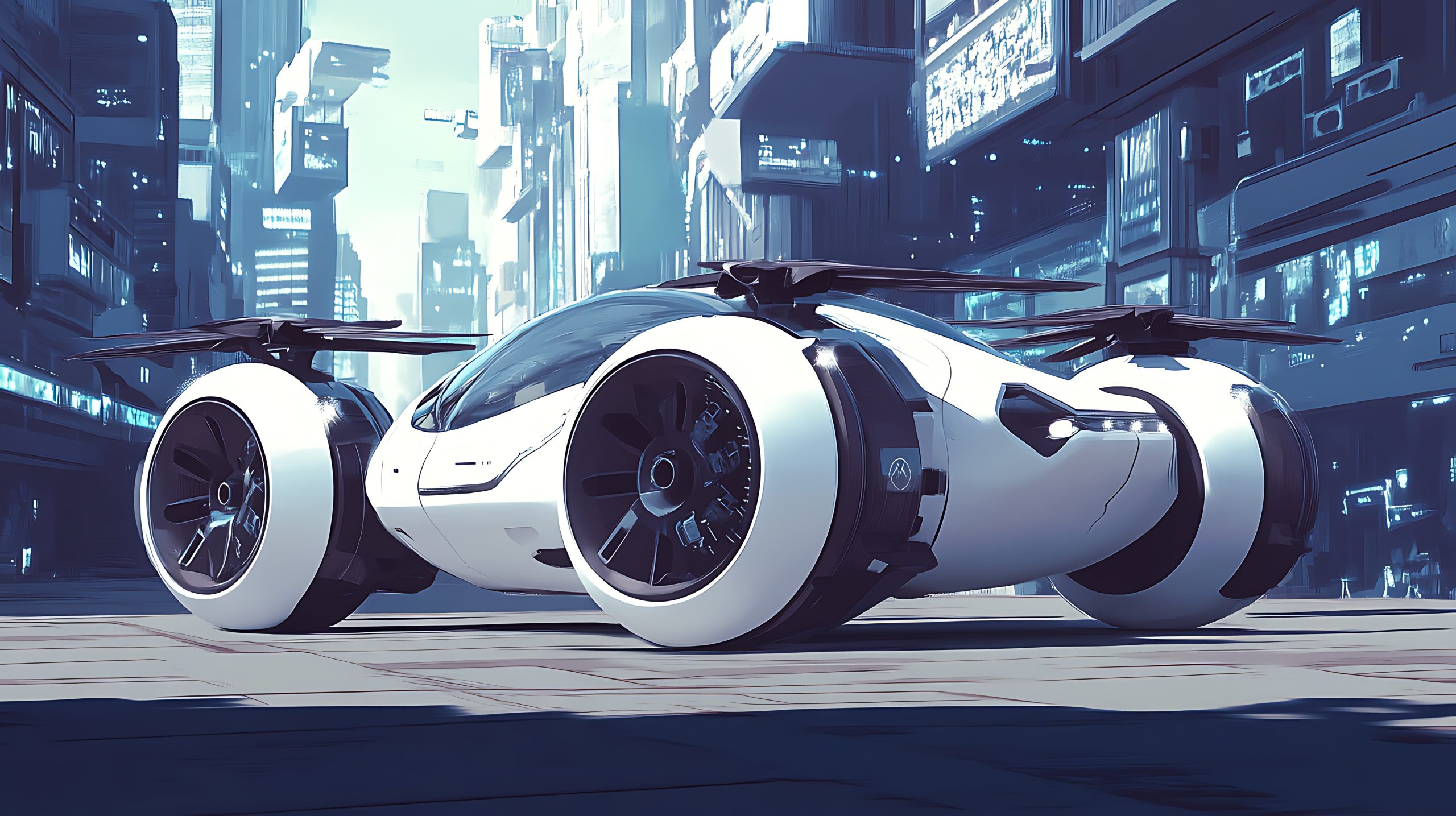Cars are changing fast. You might notice more silent vehicles on the road and wonder why they’re so popular. It’s not just about looks. There’s something different under the hood. New technologies are reshaping how cars move, fuel up, and get repaired. What you choose affects your wallet, how often you visit the pump, how many times you go to the shop, and more. Because there are so many alternatives available, it’s worthwhile to find out what makes certain cars special. Because the car you pick today could shape how you drive tomorrow.
Knowing the Differences Between Electric and Gas-Powered Vehicles
Before diving into the comparison of electric cars vs gas cars as an investment, it’s important to get something straight. It is good to know the key mechanical differences.
The Simple Mechanics of Electric Cars
Electric cars are pretty neat. Since they only consume electricity that is stored in a battery, they don’t emit any exhaust emissions. Direct current (DC) is the form of that electricity. If the vehicle has an AC motor, such as an induction motor, an inverter transforms the DC into alternating current (AC). Some electric cars use permanent magnet motors instead, which operate a bit differently but also use electricity efficiently.
The motor produces a magnetic field that causes rotation, which turns the wheels and moves the car. Most electric vehicles use a simple one-speed transmission, which sends power from the motor directly to the wheels. This means they don’t need traditional multi-gear systems—just drive, reverse, and park. Their streamlined, low-resistance design also helps improve energy efficiency and performance.
How Gas Cars Work
Gas cars operate using an internal combustion engine, a rather traditional combustion source, which makes the car move. Gas and air are pulled into the engine’s piston. Next, the piston squeezes that mixture, and then a spark occurs. The energy from all of that forces the piston down the engine cylinder. Finally, the connecting rod then transfers energy to the crankshaft, which rotates the wheels. After that, the piston heads back up to let out exhaust through the tailpipe. Gas cars usually utilize several engine cylinders for this task.
Electric vs. Gas Car Costs
The total cost of a car includes more than just the sticker price. That means it includes maintenance costs, repair costs, fuel costs, tax incentives, etc., all of which can be high. Some specific costs you want to keep in mind when comparing an electric car versus a gas car include:
- Electric vehicles tend to have a higher purchase price compared to gas-powered cars. However, that initial cost is starting to come down as EV prices become more competitive.
- Fueling and Charging Costs Gas prices fluctuate and can add up over time. Electricity, on the other hand, is generally more stable and affordable. Electric vehicles are much more energy-efficient than gas cars, which can lead to significant savings in the long run. While charging at home is usually the most cost-effective option, using public charging stations can vary in price depending on speed and location.
- EVs are mechanically simpler and don’t require things like oil changes, resulting in lower ongoing maintenance costs. Their batteries are designed to last many years and are often covered by long warranties. Over time, maintenance expenses for EVs are typically lower than for gas vehicles.
- Tax Credits and Incentives Many new electric vehicles qualify for government tax credits that can help offset the higher upfront price. These incentives are not available for gas-powered cars and can make electric vehicles more financially accessible.
Comparing Electric and Gas Cars: Which One Offers More Value Over Time?
When it comes to choosing between electric and gas cars, the better investment depends on your priorities—both financial and practical. Electric vehicles often come with a higher upfront cost, but they tend to offer expenses over time.
Gas cars, while typically more affordable to purchase, may lead to higher long-term costs due to fluctuating fuel prices and regular maintenance needs. If you’re looking for long-term savings and environmental benefits, an electric car could be the smarter choice. However, for those seeking lower initial costs and broader fueling infrastructure, a gas car might still make sense.
Conclusion
Choosing a car is more than picking a ride—it’s choosing how you spend your money, your time, and your energy. Every type of vehicle has its pros and cons. Electric cars offer quiet rides, fewer trips to the mechanic, and savings on fuel. But they may cost more up front and need home charging equipment.
Gas cars are often cheaper to buy, and gas stations are everywhere. But they come with higher fuel costs and more frequent maintenance needs over time. There’s no one-size-fits-all answer. What works best depends on your lifestyle, budget, and how you drive. Take time to weigh the options. The right choice today can lead to smoother, smarter drives tomorrow.









